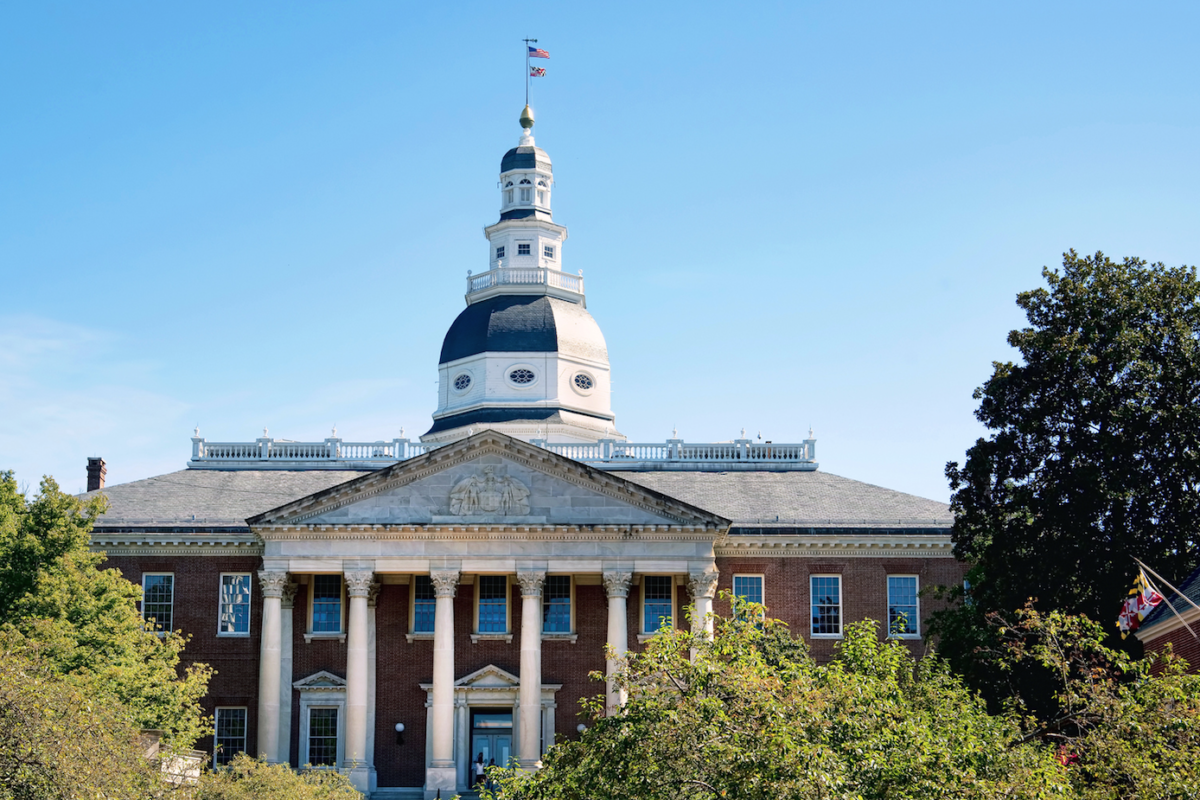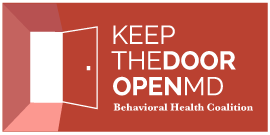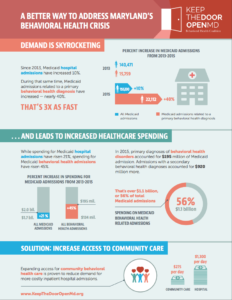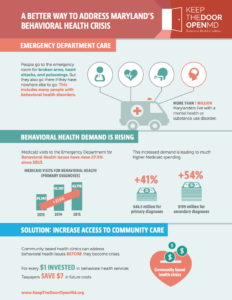
Maryland Behavioral Health Coalition 2017 Legislative Platform
(Available for download here)
Behavioral health encompasses the full range of both mental health and substance use disorders. More than one million Marylanders live with a behavioral health issue and demand for treatment services continues to rise. Proper treatment and recovery support are critical components of healthcare and all Marylanders deserve access to these proven methods.
Despite steadily increasing demand, behavioral health treatment has decreased as a percentage of Maryland’s healthcare budget for many years. The one in four Marylanders living with a mental health or substance use disorder have increasing difficultly accessing treatment services, leading many to seek care in a hospital or emergency department when community treatment options are more appropriate and cost-effective. Increasing access to community care or remote treatment options, such as telehealth, can help to address our unmet need.
To meet this growing demand for behavioral health care, the Maryland Behavioral Health Coalition supports initiatives that increase access to care, strengthen our workforce and provide adequate resources to protect vulnerable Marylanders. Our 2017 General Assembly priorities are:
-
Increase access to care by passing the Keep the Door Open Act (SB 476 / HB 580) to ensure a robust and high-quality behavioral health workforce
Community behavioral health providers administer traditional outpatient services, mobile treatment, crisis services, withdrawal management, rehabilitation, residential treatment, partial hospitalization programs and housing. They divert hospital and emergency room admissions, detention center admissions, help people experiencing homelessness get permanent housing and unemployed people get jobs. Many vulnerable Marylanders depend on these dedicated health care providers. Wages for these critical service providers simply have not kept up with the cost of living.
To ensure a quality behavioral healthcare workforce, we must index behavioral health provider rates to medical inflation.
-
Ensure that more Marylanders can access crisis services by addressing coverage barriers for those with commercial health insurance (HB 1288)
Without access to crisis care, many Marylanders who would be more appropriately served by a community behavioral health provider end up in hospital emergency departments. Commercial health insurance carriers should be required to reimburse for medically-necessary crisis care, which can better meet consumer needs in a more cost effective manner.
We must ensure that Marylanders with private health insurance can access critical behavioral health crisis services.
-
Create new long-term funding in the state budget for additional treatment resources to combat Maryland’s opioid epidemic (SB 474 / HB 541)
Despite growing awareness of the opioid crisis, overdoses and deaths continue to increase. Meanwhile, the percentage of healthcare funding spent on behavioral health services in Maryland, which includes substance use disorder treatment, has decreased. We must identify new funding streams and additional resources to reach Marylanders who are caught in this terrible epidemic.
We must protect our most vulnerable Marylanders by adequately funding substance use disorder services to fight our growing opioid crisis.
The Maryland Behavioral Health Coalition is a diverse mix of more than forty not for profit non-governmental organizations working together to ensure individuals affected by mental health and substance use disorders have high quality and accessible services that meet their needs. www.keepthedooropenmd.org
Contact: Dan Martin, Mental Health Association of Maryland, 410-978-8865
View and download our Infographics:


